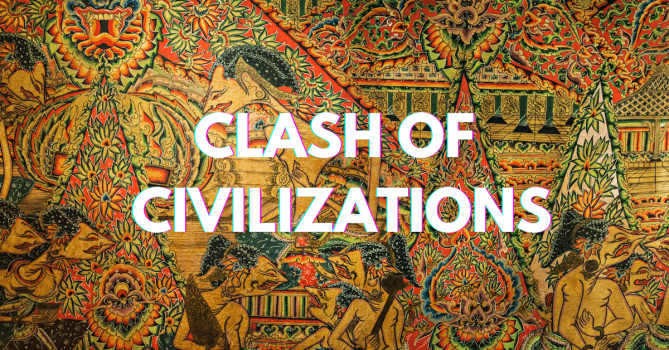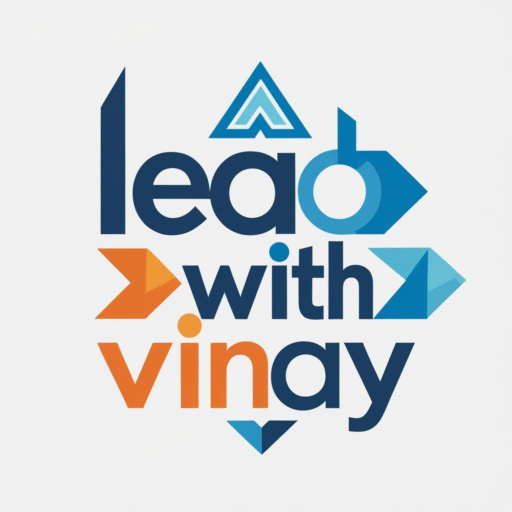
When Samuel Huntington first proposed the idea of a “clash of civilizations” in his 1996 book, many dismissed him.
Critics argued that he was oversimplifying global tensions, ignoring economic factors, and promoting division. The world was riding high on the optimism of the post-Cold War era, believing that liberal democracy would eventually unite all of humanity.
But history since then tells a different story — one that Huntington predicted with uncanny accuracy.
Today, the biggest conflicts in the world are not just about power, territory, or economics.
They are rooted in something far deeper: civilizational identity.
-
- The U.S. vs China is not just a trade war. It’s a clash between Western liberal values and Eastern civilizational pride. America champions individual liberty, free markets, and democratic institutions. China counters with its model of collective order, cultural continuity, and state-centered governance.
-
- Israel vs Palestine is not merely about borders or settlements. It is the continuation of a much older, much deeper tension — Jews vs Muslims, two civilizations carrying centuries of memory, trauma, and faith into every confrontation.
-
- Iran vs Saudi Arabia is not just regional competition. It is a theological divide — Shia vs Sunni — that has shaped the Islamic world since the 7th century and continues to fuel proxy wars from Yemen to Syria.
-
- India vs Pakistan is not simply a border dispute. It is the manifestation of a larger civilization struggle — Hindu vs Muslim identities trying to coexist after a painful partition that still bleeds through the subcontinent’s politics.
Why Civilizations Matter
Civilizations are not just about religion or race.
They are ecosystems of memory — shared language, history, myths, rituals, values, and visions of the future.
Political alliances change. Economic systems adapt.
But civilization identity is sticky. It endures across centuries, across empires, across revolutions.
And when civilization identity is threatened, societies react not rationally but emotionally — even violently.
This is why modern conflicts often seem so irrational.
Why compromise seems so difficult.
Why diplomatic treaties collapse even after being “successfully” negotiated.
At a deep level, these conflicts are not about land or oil or trade — they are about who we are and what we believe life should mean.
Modernization ≠ Westernization
One of the great myths of the 20th century was that as societies modernized — built cities, adopted technology, increased literacy — they would naturally become more Western in their values.
Reality has shattered that illusion.
- China is modern, but fiercely proud of its own civilizational model.
- India is modern, but experiencing a strong Hindu cultural revival.
- The Islamic world is modernizing, but many parts are returning to deeper religious roots, not abandoning them.
Modernization has strengthened, not weakened, civilizational identities.
The more connected the world becomes, the more sharply people assert their own uniqueness.
What This Means for the Future
Understanding this civilizational reality is not about promoting conflict.
It’s about seeing the world clearly — without the blinders of political correctness or outdated globalist dreams.
It means recognizing that peace will not come simply by signing treaties or hosting summits.
True peace can only emerge when civilizations are respected, not erased — when their memories are acknowledged, not denied.
The 21st century will not be a flat, borderless world.
It will be a world of civilizations — negotiating, clashing, influencing, and learning from one another.
The question is not whether the clash will happen.
The question is: how will we navigate it with wisdom?

